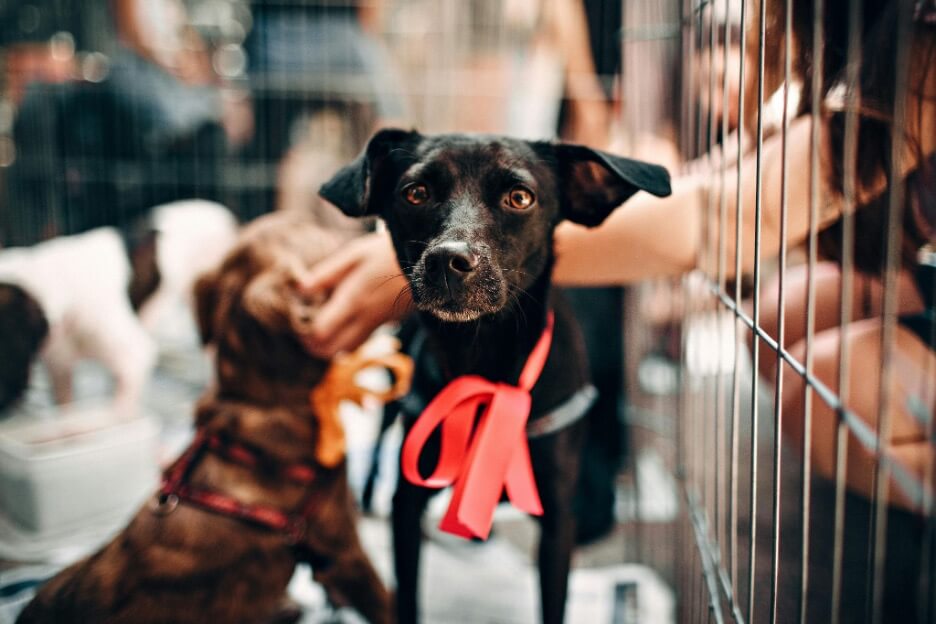Image via Pexels
Launching a pet daycare or boarding service isn’t just about loving animals — it’s about building a business that balances compassion with precision. You’re caring for people’s furry family members, often during times when trust matters most. Whether you’re driven by a passion for pets, a desire to be your own boss, or the growing demand in your neighborhood, this type of venture can be deeply rewarding — but only if it’s built on clear decisions, smart systems, and trust at every level.
Know the Legal Terrain Before You Sign a Lease
You need to meet zoning permits and licenses even before checking out a potential property. Many new owners rush to lease a space they love only to find that city ordinances block their operation before it begins. Beyond physical layout, your town may regulate waste management, sound limits, and how close your facility can be to residential zones or schools. You’ll also need to explore whether you’re allowed to board animals overnight. Every market differs, and it’s worth confirming those requirements upfront to avoid costly rework later.
Formal Business Training Can Be a Game-Changer
Cash flow, tax compliance, hiring, marketing, service pricing — the “boring” stuff is what makes or breaks pet businesses. Passion can carry you through the first few months, but long-term viability needs structure. That’s where formal business education can make a meaningful difference. Many entrepreneurs are surprised at how accessible and flexible modern programs have become. For those looking to build operational fluency and leadership range, this is a good option to consider.
Design Isn’t Just Aesthetic — It’s Safety, Liability, and Lifespan
You can’t build around vibes. Pet behavior, traffic flow, staff safety, and odor control all demand planning. Think through noise dampening, ventilation, and separation of large and small breeds — these design decisions reduce liability and stress for everyone. Separate areas for high-energy dogs, feeding, and rest are more than niceties; they prevent fights, sickness, and staff burnout. Toward the end of your planning phase, review your state’s facility design and play area requirements to ensure your setup doesn’t just look good — it protects everyone in the building.
You’ll Need Insurance — Not Just in Case, But By Design
Essential coverage for pet business operations isn’t a box you check — it’s your defense line. A dog jumps a fence, a leash snaps, a customer slips on the lobby floor — and suddenly you’re wishing you’d spent more time on risk coverage. The basics like general liability won’t cut it in this field. Consider animal bailee coverage, workers comp (if you hire), and commercial property policies customized for your space. Review policies carefully, ask “what if” questions, and make sure your coverage scales with your growth.
Licensing Isn’t One-and-Done — It’s an Ongoing Process
Too many founders treat licensing like a one-time chore. It’s not. Depending on your state, county, or city, pet-related businesses may need not just business licenses, but also boarding permits, animal control sign-offs, and health department approval. That’s why understanding licensing application and renewal timelines — and embedding them into your recurring operations — matters more than you think. A lapse in renewal can trigger fines, shutdowns, or public record hits you can’t erase.
Price With Precision — Not Gut Instinct
Avoid the temptation to copy local competitors’ pricing. Your rates should reflect your actual expenses, your value, and your business model — not someone else’s. Calculate what it costs to care for each animal per hour, then scale that up with margins that account for insurance, seasonal variation, payroll, and maintenance. Insurance premiums can swing wildly based on location, services offered, and perceived risk. That’s why it’s important to factor in the factors influencing insurance cost estimates before finalizing your rate sheet.
Your Staff Will Make or Break You
You need to maintain high staff supervision levels if you want this to work. All the branding and Instagram posts in the world won’t save you if your staff is inconsistent or poorly trained. You need calm, observant, high-stamina people who can work a shift full of barking, accidents, and separation anxiety. The more you grow, the more you’ll need layers of oversight and protocol. Set clear expectations, shadow new hires, and always have a plan for escalation.
Running a pet daycare or boarding business is a local commitment. You’re not just selling service — you’re promising peace of mind. That peace comes from structure: clear systems, trained staff, health safeguards, and transparent policies. It also comes from how well you anticipate what could go wrong — and what you do to make things go right anyway. Starting strong means starting smart. If you’re serious about building this, don’t skip the boring stuff. Permits, insurance, training, compliance — these aren’t distractions. They’re the bones that hold everything up while the tail wags.
Discover how you can make a difference in the lives of animals by visiting Rośliny i Zwięrzęta and explore opportunities to adopt, foster, or volunteer today!
Author:
Ryan Goodchild
pupperslove.com

